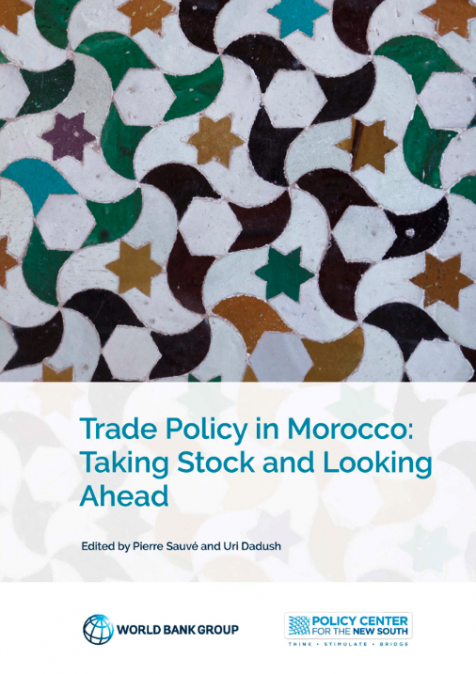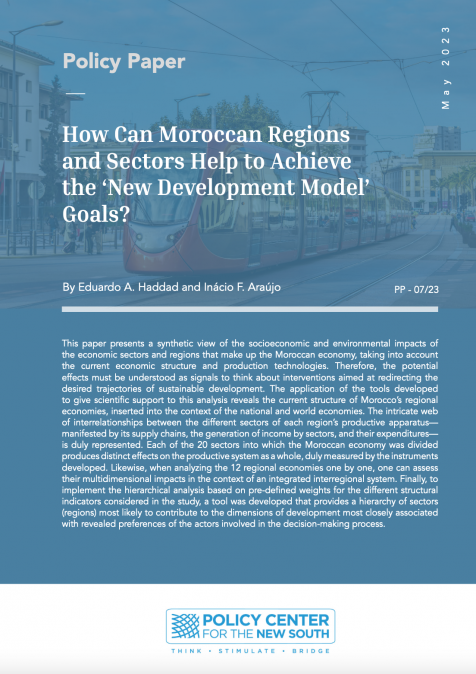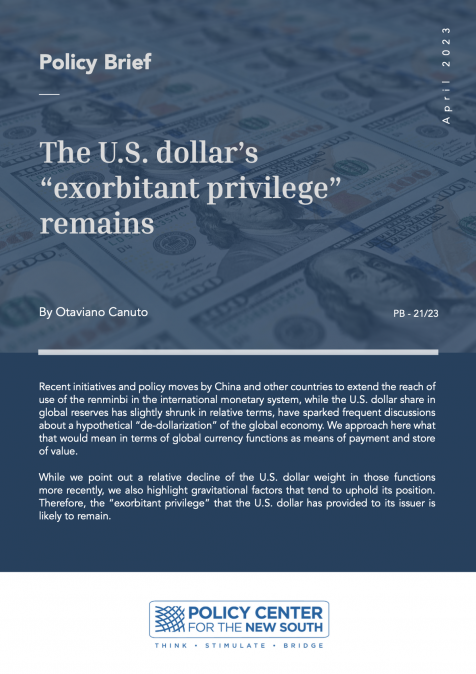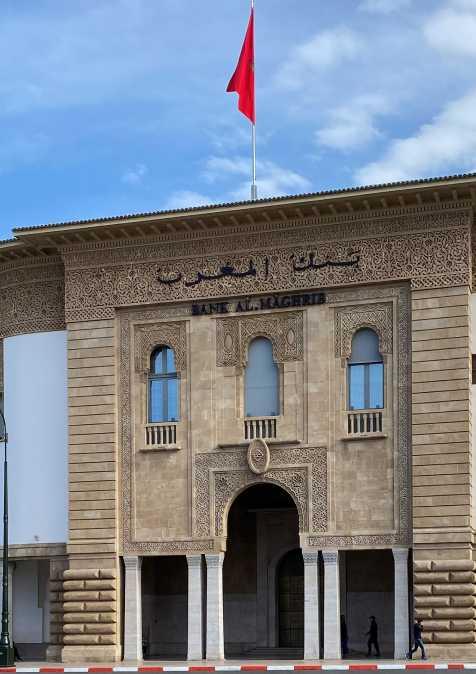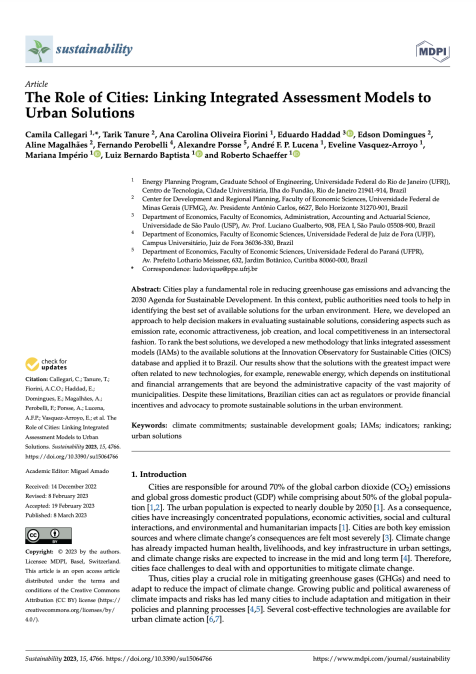AES2025: Fiscal Policy Challenges: Navigating Public Finance Management and Debt Sustainability
African policymakers face complex fiscal policy challenges as they seek to balance limited resources and rising debt with pressing development goals. Persistent deficits, constrained revenue mobilization, and mounting debt service obligations restrict the fiscal space necessary for infrastructure, social services, and climate resilience. Shifting debt profiles—toward more commercial, higher-cost, and shorter-term borrowing—raise exposure to external shocks and refinancing risks.
Meanwhile, opportunities such as critical minerals create scope for expanding fiscal space, yet demand robust governance mechanisms to avoid resource mismanagement. Institutional reforms, strong fiscal rules, and enhanced transparency are vital to improving the credibility and flexibility of public financial management systems. In addition, current debt resolution frameworks and sustainability analyses must evolve to reflect Africa’s development and climate realities. Innovative financing instruments and prudent expenditure choices offer potential pathways, but also introduce new risks and implementation dilemmas.
- How can countries strengthen revenue mobilization and leverage innovative financing without hampering growth or equity?
- What reforms can boost expenditure efficiency and protect essential services during fiscal consolidation?
- How should institutional frameworks and governance mechanisms evolve to enhance fiscal credibility and manage natural resources?
- What approaches best address debt sustainability and resolution, considering Africa’s unique risks and long-term needs?
French translation



